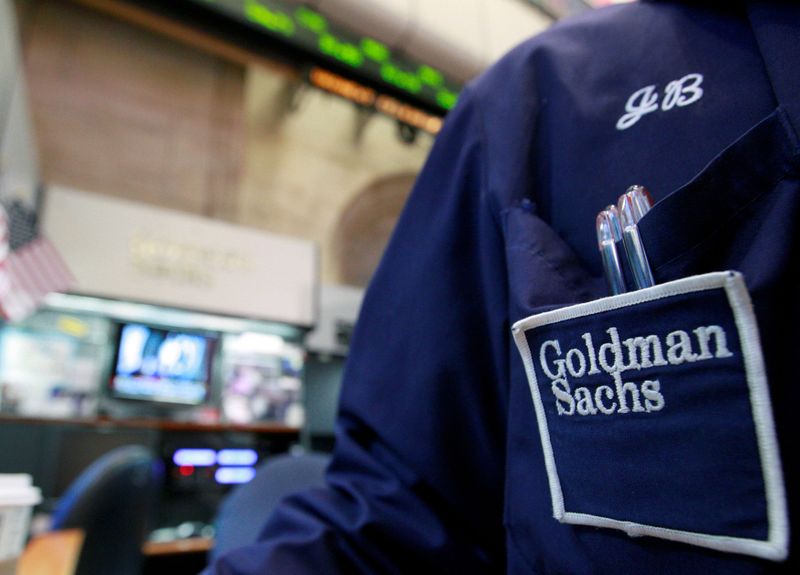Investing.com -- Hedge funds (HFs) rotated back into North American equities last week, marking the largest weekly inflow since June, Goldman Sachs revealed in its latest Prime Services report.
According to Goldman, this was the first time in nine weeks that hedge funds net bought North American equities. In contrast, Asia, including both emerging and developed markets, led the net selling, followed by Europe.
Hedge funds appeared to focus on individual stock opportunities, with single stocks seeing the most significant net buying in five months, primarily driven by long buys and short covers. Meanwhile, macro products were net sold for a second consecutive week, driven by long sales.
On a sector level, hedge funds last week favored Health Care, Financials, and Information Technology, which were the most net bought. Conversely, Utilities, Real Estate, and Staples were the sectors with the most net selling activity.
Financials was not only among the most net bought but also among the top-performing US sectors during the week. The surge came ahead of the Q3 earnings season start, with hedge funds net buying the sector at the fastest pace since November 2021.
“This week’s notional net buying ranks in the 97th percentile on a 5-year lookback as all subsectors were net bought,” Goldman’s report notes.
Globally, equities saw muted activity on the week, “driven by risk unwinds roughly split between long sales and short covers,” the report states.
However, China remains a particularly volatile market. After a record surge in buying during September, hedge funds have reversed nearly 60% of their net buying since late September, with this week's sales marking "the largest on our record,” says Goldman.
“Chinese equities were net sold for the first time in 4 weeks and in 4 of the past 5 sessions, driven by long-and-short sales,” the report writes.
“HFs net sold Chinese stocks across all channels this week, led by H-shares and A-shares that together made up 85%+ of the net selling.”
The report also reveals that China's gross and net allocations have now reached 5.9% and 8.7% of total global exposures, placing them in the 32nd and 42nd percentiles compared to the last five years.
